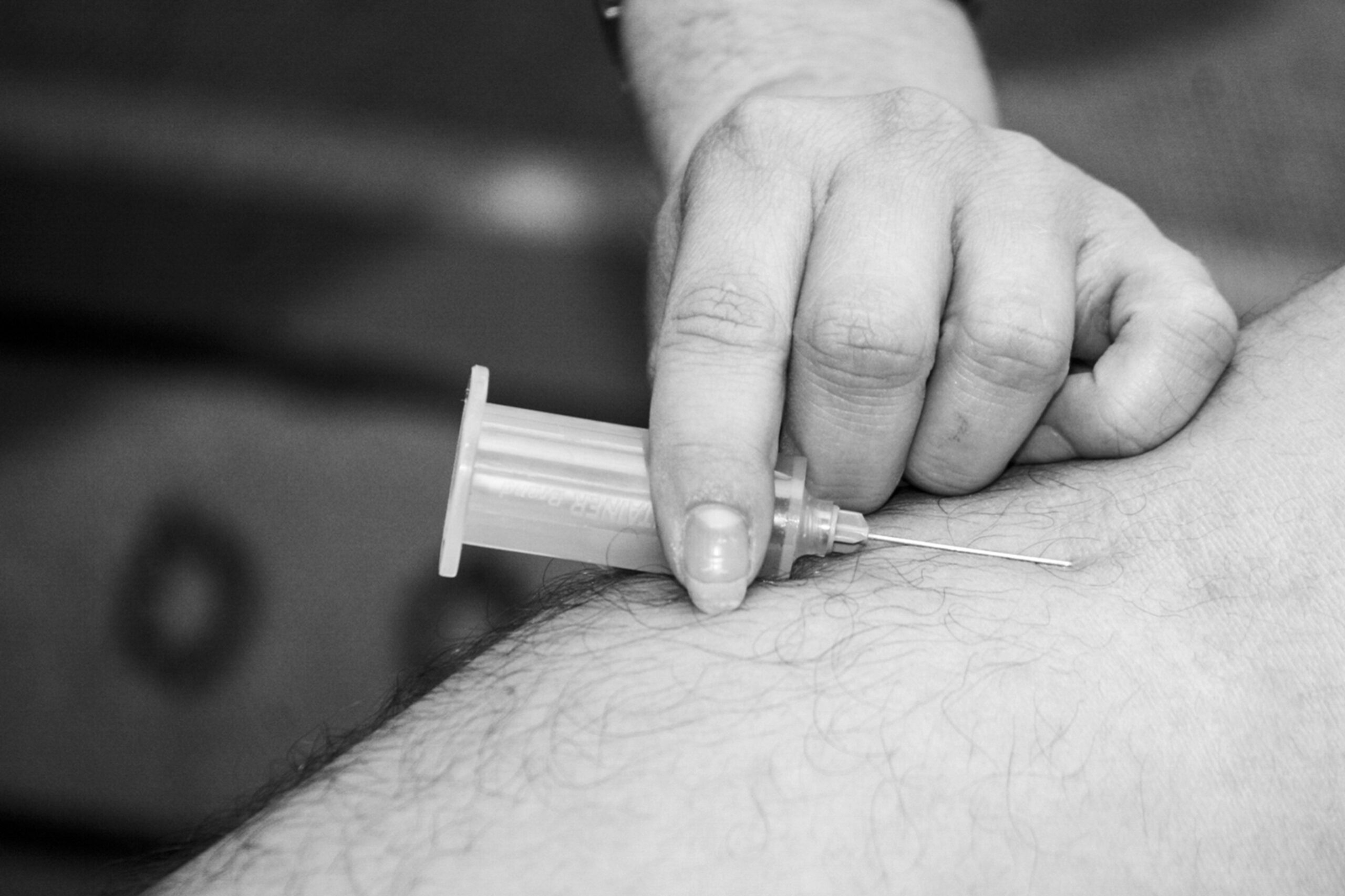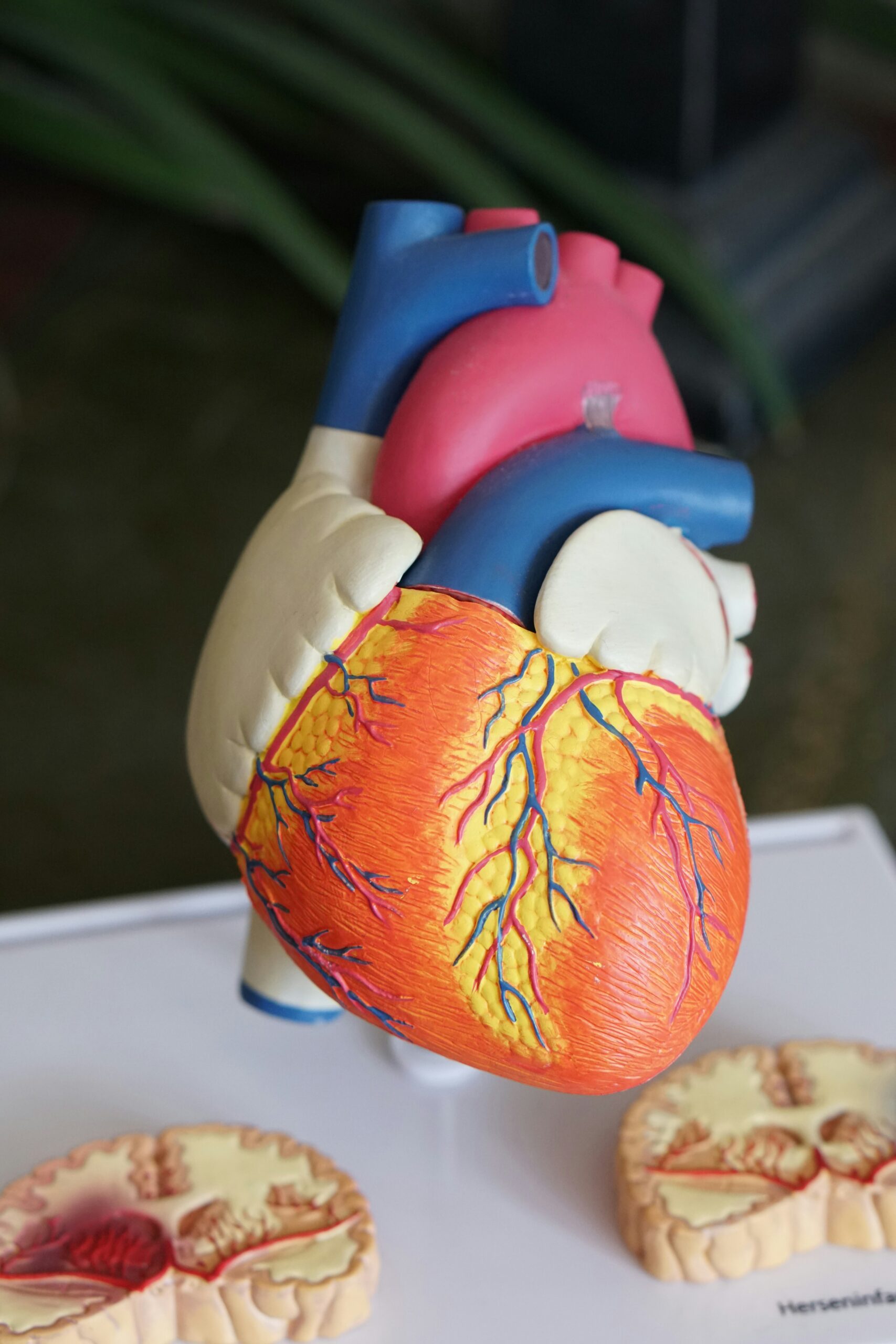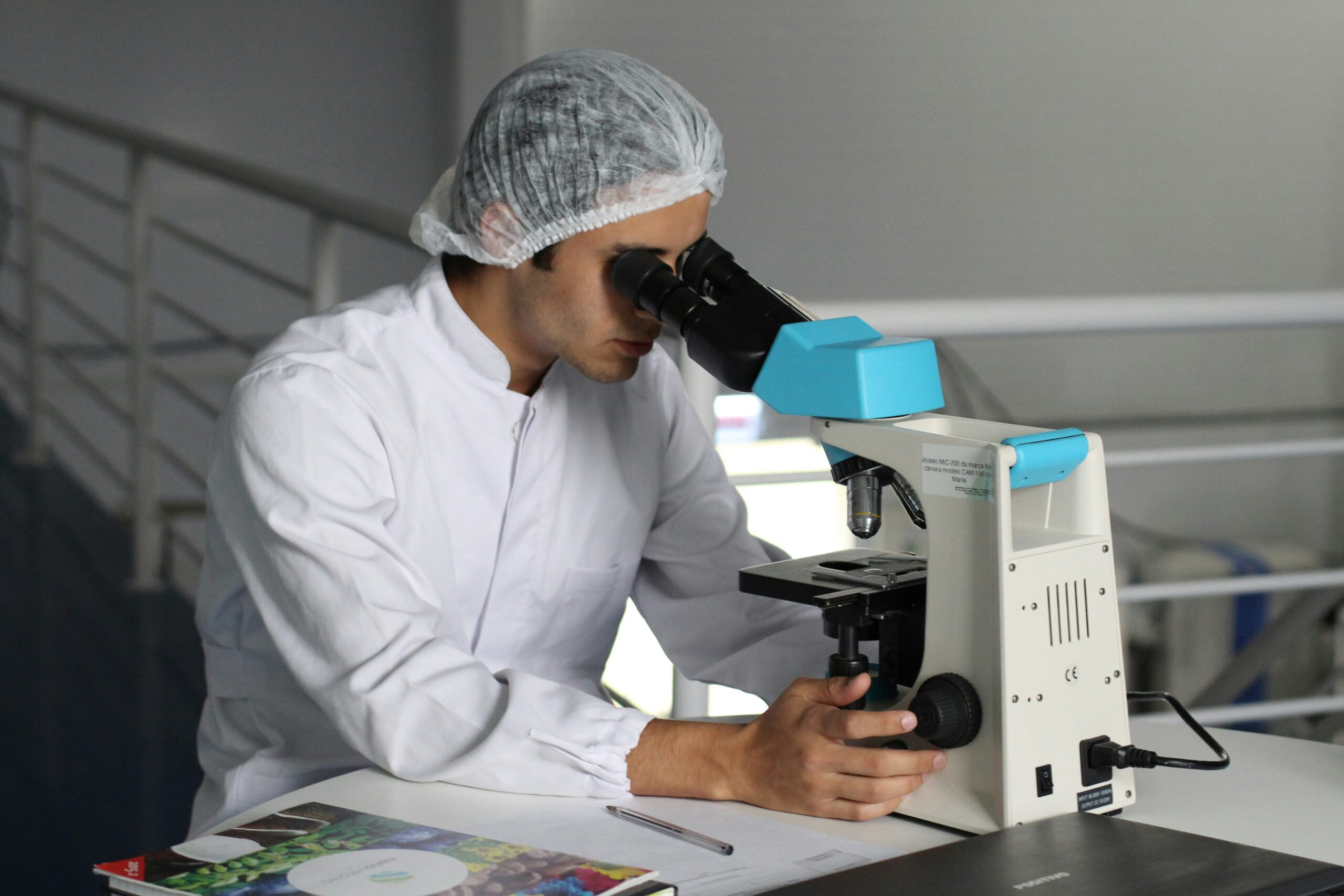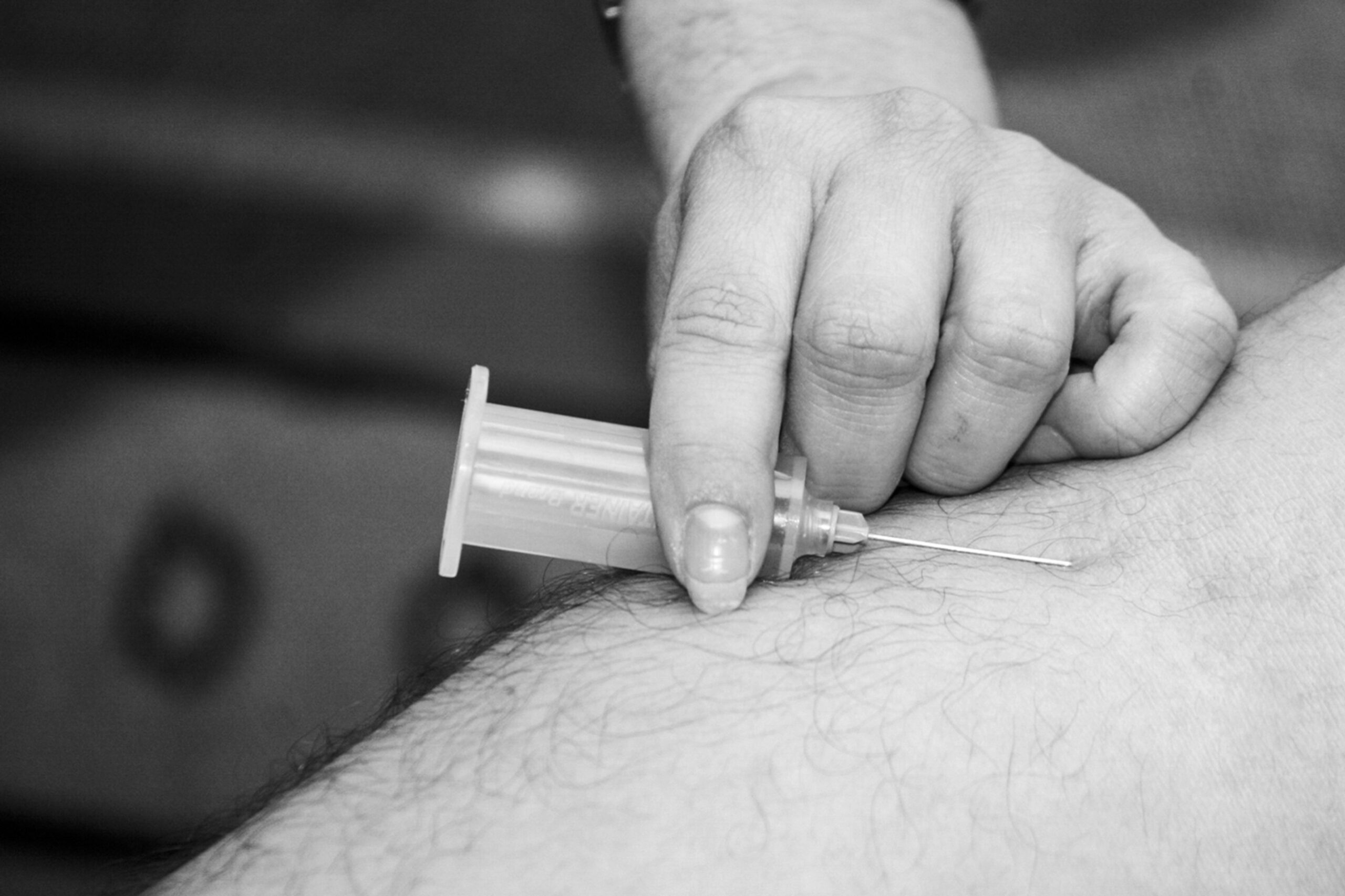Curious about how the prostate gland impacts urination? Look no further! In this article, we'll uncover the fascinating connection between the prostate gland and your bathroom habits. From discussing the role of the prostate in storing and releasing urine, to exploring common prostate gland conditions and their effects on urination, you'll gain a deeper understanding of this essential bodily function. So, grab a cup of tea and get ready to unravel the mysteries of the prostate gland and its impact on your daily trips to the bathroom. Let's dive in!

Anatomy of the Prostate Gland
Location of the Prostate Gland
The prostate gland is a small, walnut-sized gland located just below the bladder and in front of the rectum. It surrounds the urethra, which is the tube through which urine and semen pass out of the body.
Size and Shape of the Prostate Gland
The size and shape of the prostate gland can vary between individuals. On average, it is about the size of a walnut, but it can grow larger as a man ages. It is typically conical in shape, with its base facing the bladder and its apex pointing towards the penis.
Structure of the Prostate Gland
The prostate gland consists of several different types of tissues, including glandular tissue, fibromuscular tissue, and connective tissue. The glandular tissue is responsible for producing the prostate fluid that helps nourish and protect sperm. The fibromuscular tissue provides support to the gland, while the connective tissue surrounds and connects all the other structures.
Function of the Prostate Gland
The main function of the prostate gland is to produce and secrete a fluid that makes up a significant portion of semen. This fluid helps to nourish and protect sperm, improving their chances of fertilizing an egg. In addition, the prostate gland also plays a role in controlling the flow of urine and preventing urine leakage.
Relationship between the Prostate Gland and the Urinary System
Role of the Prostate Gland in the Urinary System
The prostate gland plays a crucial role in the urinary system by surrounding the urethra, which is the tube that carries urine from the bladder out of the body. Its location allows the prostate to exert pressure on the urethra, helping to control the flow of urine.
Impact of Prostate on Urine Flow
When the prostate gland is functioning properly, it allows for the smooth flow of urine. However, if the prostate becomes enlarged or develops any abnormalities, it can start to press against the urethra, causing urinary problems. This can lead to symptoms such as weak urine flow, difficulty starting or stopping urination, and frequent trips to the bathroom.
Prostate Gland and Bladder Control
In addition to its role in urine flow, the prostate gland also contributes to bladder control. The muscles surrounding the prostate help to keep the bladder neck closed, preventing urine leakage. An enlarged prostate or certain prostate conditions can weaken these muscles, leading to urinary incontinence or the inability to control urination.
Understanding Urination Process
Process of Normal Urination
Normal urination involves a complex coordination between various structures and muscles in the urinary system. When the bladder fills with urine, the sensation of needing to urinate is triggered. The brain then sends signals to relax the muscles around the bladder neck and contract the bladder muscles, allowing the urine to flow out through the urethra.
Role of the Prostate Gland in Urination
The prostate gland contributes to urination by exerting pressure on the urethra, which helps to maintain a controlled flow of urine. It works in conjunction with the bladder and other urinary system structures to facilitate the release of urine from the body.
Impact of Prostate Size on Urination
An enlarged prostate can obstruct the flow of urine, causing problems with urination. As the prostate grows, it can squeeze the urethra, making it more difficult for urine to pass through. This can lead to symptoms such as a weak urine stream, incomplete emptying of the bladder, and an increased frequency of urination.
Prostatitis and its Impact on Urination
What is Prostatitis?
Prostatitis is the inflammation or infection of the prostate gland. It can be caused by bacteria or other factors, and it can affect men of all ages. This condition can cause pain, discomfort, and urinary problems.
Symptoms of Prostatitis
Common symptoms of prostatitis include pain or a burning sensation during urination, frequent urination, difficulty urinating, pain in the groin or lower abdomen, and blood in the urine. These symptoms can vary in severity and may come and go.
How Prostatitis Affects Urination
Prostatitis can significantly impact urination. The inflammation and swelling of the prostate gland can compress the urethra, leading to difficulty in starting or stopping urination. It can also cause a frequent and urgent need to urinate, even if the bladder is not full. Additionally, pain and discomfort during urination can further disrupt the normal urination process.

Benign Prostatic Hyperplasia (BPH) and Urination
Understanding Benign Prostatic Hyperplasia
Benign prostatic hyperplasia, commonly known as BPH, is a noncancerous enlargement of the prostate gland. It is a common condition that affects many older men. As the prostate grows larger, it can start to constrict the urethra, causing urinary symptoms.
Symptoms of BPH
Symptoms of BPH include weak urinary stream, frequent urination (especially at night), urgency to urinate, inability to completely empty the bladder, and dribbling after urination. These symptoms can significantly impact a man's quality of life and may require medical intervention.
How BPH Affects Urination
The enlargement of the prostate gland in BPH can obstruct the flow of urine through the urethra, leading to urinary problems. The narrowing of the urethra can result in a weak urine stream, difficulty initiating urination, and the need to strain to empty the bladder. The bladder may also become overactive, causing frequent urges to urinate.
Prostate Cancer and its Effect on Urination
Risk of Prostate Cancer
Prostate cancer is the most common cancer in men, but the risk increases with age. Factors such as family history, race, and certain genetic mutations can also contribute to an increased risk. Regular screenings and early detection are crucial in managing this disease.
Signs and Symptoms of Prostate Cancer
Early-stage prostate cancer may not cause any noticeable symptoms. As the disease progresses, symptoms such as weak or interrupted urine flow, blood in the urine or semen, pain during urination or ejaculation, and frequent urination may occur. It is essential to discuss any concerning symptoms with a healthcare provider.
Impact of Prostate Cancer on Urination
Prostate cancer can affect urination by causing constriction or blockage within the urethra due to the growth of cancerous cells. This can lead to urinary symptoms similar to those seen in BPH, such as weak urine flow, frequent urination, and difficulty emptying the bladder completely.

Testing and Diagnostic Tools for Prostate-related Urination Issues
Importance of Regular Prostate Checks
Regular prostate checks, including digital rectal exams and prostate-specific antigen (PSA) blood tests, are crucial for early detection of prostate diseases. These screenings can help identify any abnormalities in the prostate gland and aid in the diagnosis and treatment of potential issues.
Diagnostic Tests for Prostate Diseases
If any abnormality is detected during a prostate check, further diagnostic tests may be necessary. These can include imaging tests such as ultrasound, MRI, or CT scans to visualize the prostate gland and surrounding structures. Biopsy may also be required to determine if cancer or other conditions are present.
Reading and Interpreting Urinalysis Results
Urinalysis is a common diagnostic tool used to assess the health of the urinary system. It involves analyzing a urine sample for various markers and indicators that can provide insight into any underlying issues. Healthcare professionals can interpret the results to identify signs of infection, inflammation, or other abnormalities that may contribute to urinary problems.
Treatment Options for Prostate-caused Urination Problems
Medication for Prostate-related Urination Issues
Medication is often the first line of treatment for prostate-related urination problems. Depending on the specific condition and symptoms, healthcare providers may prescribe alpha-blockers to relax the muscles around the prostate and improve urine flow, 5-alpha reductase inhibitors to shrink the prostate gland, or antibiotics to treat infections such as prostatitis.
Surgical Treatments
In cases where medication is insufficient or ineffective, surgical interventions may be necessary. These can include procedures such as transurethral resection of the prostate (TURP), in which excess prostate tissue is removed, or minimally invasive procedures like laser ablation or microwave therapy. In more severe cases, complete removal of the prostate gland, called a prostatectomy, may be required.
Lifestyle Changes for Better Urination Control
In addition to medical treatments, lifestyle changes can also help improve urination control. These can include dietary modifications, such as avoiding caffeine and alcohol, which can irritate the bladder, and maintaining a healthy weight to reduce strain on the urinary system. Pelvic floor exercises, bladder training techniques, and practicing good hydration habits can also be beneficial.
Living with Prostate-related Urination Problems
Coping with Daily Life
Living with prostate-related urination problems can be challenging, but there are strategies to cope with daily life. Planning bathroom breaks, wearing absorbent pads or protective garments, and using tools such as urinals or bedside commodes can help manage urinary symptoms and minimize disruptions to daily activities.
Impact on Sexual Health
Prostate-related urination problems can have an impact on sexual health. Certain conditions or treatments may cause erectile dysfunction or other sexual dysfunctions. It is essential to communicate openly with healthcare providers and explore available treatment options to address any sexual concerns.
Emotional and Psychological Support
Prostate-related urination problems can take a toll on emotional and psychological well-being. Feelings of frustration, embarrassment, or anxiety are common. Seeking emotional support from loved ones, joining support groups, or speaking with a therapist can provide valuable guidance and coping strategies.
Preventive Measures for Prostate-related Urination Problems
Healthy Diet for Prostate Health
Maintaining a healthy diet can help promote prostate health and reduce the risk of prostate-related urination problems. Emphasizing fruits, vegetables, whole grains, and lean proteins can provide essential nutrients and antioxidants. Additionally, limiting the consumption of red and processed meats, as well as high-fat and sugary foods, is beneficial.
Importance of Regular Exercise
Regular exercise is crucial for maintaining overall health and can also contribute to better prostate health. Engaging in activities such as walking, jogging, swimming, or weightlifting can help manage weight, regulate hormone levels, and improve urinary function.
Avoiding Risk Factors for Prostate Diseases
Certain risk factors increase the likelihood of developing prostate-related urination problems. These include age, family history of prostate diseases, and certain lifestyle factors like smoking, excessive alcohol consumption, and a sedentary lifestyle. Making informed choices to avoid these risk factors can help reduce the chances of experiencing urinary issues in the future.
In conclusion, the prostate gland plays a vital role in the urinary system and can significantly impact urination. Understanding the anatomy and function of the prostate gland, as well as the various conditions that can affect it, helps shed light on the relationship between the prostate gland and urination. With proper awareness, regular check-ups, and appropriate treatment options, men can effectively manage and address prostate-related urination problems, leading to improved overall health and quality of life.

